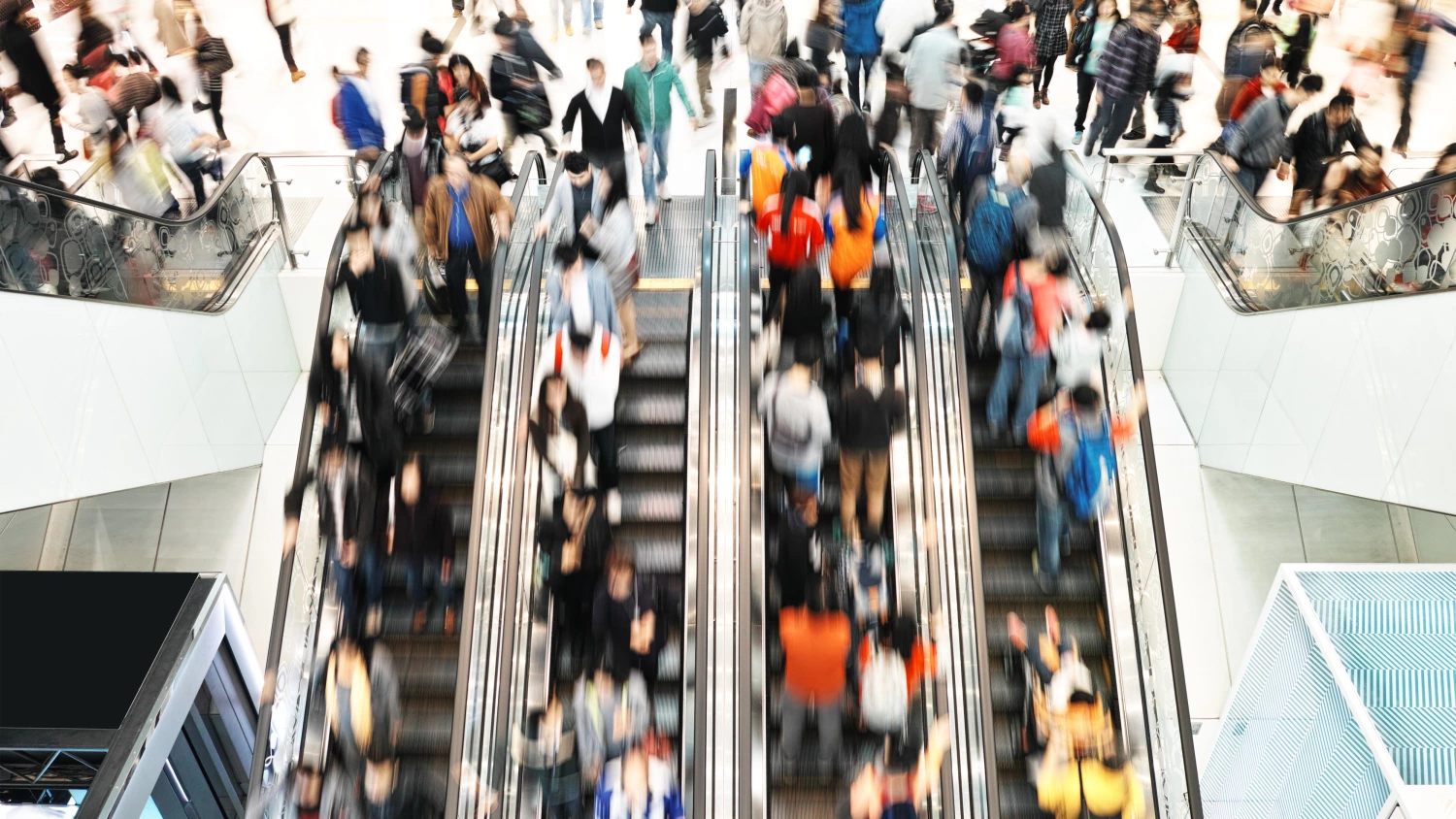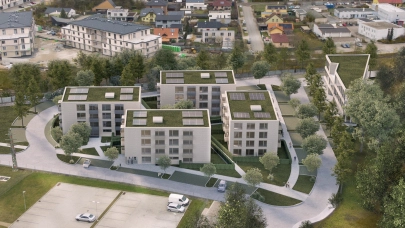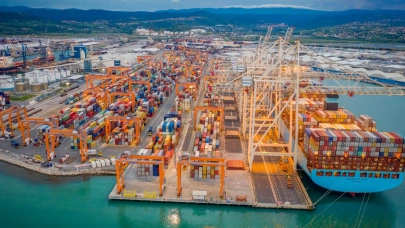
Growing international interest in pop-up stores has taken hold due to the impact of the COVID-19 pandemic, which has caused a reevaluation of both traditional sales models, and customer shopping expectations. The main benefits associated with this particular format are the element of surprise, the opportunity to further enhance a retail offer as well as the chance to attract new groups of customers. Owners and tenants of retail locations are starting to see the benefit of pop-up stores along with many global brands such as Gucci and Prada, which have already responded to current trading conditions. So, is Poland set to see this trend as well?
The pop-up store, or a store that operates for a short period of time, is not a new trend on global retail markets. One of the first examples of this format were The Ritual Fashion and Music Expo created in Los Angeles in 1997. In Poland, many customers have already taken advantage of such temporary retail locations on offer. However, the pandemic that has been going on for almost a year now may increase their popularity even more. “The fact that rotating stores are available for a very limited period of time both enriches and diversifies the offer, and may translate into customer growth and attract a new group of consumers to a given location. Therefore, we expect that the number of pop-up stores in Poland will gain in popularity and be tailored to the individual needs of shopping centre owners”, explains Mariusz Czerwiak, Director, Retail Agency, JLL.
Pop-up is beneficial to both landlords and tenants
The statement, the global pandemic has had a negative impact on the retail market worldwide has been repeated ad infinitum for almost a year now. Nonetheless, experts point to the need to diversify the sales channels and look for new measures to reach customers. This is especially important in view of the growing vacancy rate in shopping centres. According to data by JLL, the level of vacant space in Poland has grown from 4.4% in the country's major agglomerations at the end of 2019 to 5.3% in August 2020. In such a situation, short-term agreements signed with tenants opening pop-ups may be a good solution to cope with the current market turbulence. In fact, according to Mariusz Czerwiak, the benefits of such a temporary store are maybe even greater.
“We should not treat pop-ups merely as a stop gap measure to help ease temporary commercialization issues. This is a rather unfair approach to this shopping format as it provides a wide scope for testing new products, creativity and innovation of a large range of brands operating in the market", explains Mariusz Czerwiak.
In contrast, the temporary nature of such a store means that the contract is signed for a much shorter period of time, under terms typical of short-term contracts. “In the case of pop-up stores, contracts are usually concluded for a few weeks or months. This group of tenants usually decides to occupy a smaller unit, rarely exceeding a few hundred square meters and which does not require additional arrangement works. The rent is set individually and is usually lower than in the case of long-term contracts”, adds Mariusz Czerwiak.
Such conditions translate into significant savings, which can in turn benefit both start-ups and established brands. The tenant can therefore test new ideas, ensure that their business model will prove successful, launch a new product, or try out a new location. “On numerous occasions we see that a pop-up has very good prospects to function as a traditional store. In such a situation, the tenant often has the upper hand in negotiations with the landlord, as their objective is to extend the contract for a period of several years”, adds Mariusz Czerwiak.
From influencers to luxury brands
The range of brands and industries that open pop-up stores is quite extensive. However, it is usually fashion brands that opt for this type of retail operation. “A tenant opening a pop-up store tries to avoid costly, time-consuming arrangement works and targets spaces that are already finished. A clothing store can move into such premises within a few days. The situation is similar in the case of brands offering accessories or footwear”, comments Mariusz Czerwiak.
The relatively low cost that a pop-up generates is the reason why smaller and unknown brands can also try out the pop-up format. The pandemic stressed the need to support local retailers, designers and entrepreneurs who are gaining popularity, for example, through social media. Flexible lease terms, which can be negotiated in talks with shopping centre owners, provide an opportunity “to test the water” with the traditional sales channel.
“The best confirmation of the benefits of pop-up stores is the fact that luxury brands are investing in this format as well. In early February, Prada announced the opening of such a store in Hong Kong, and in January of this year, we learned the details of the highly anticipated capsule collection by Gucci and North Face. The effects of the collaboration between the two brands could be seen until 14th February in selected locations in the United States and Canada. Some of these temporary stores were also opened in existing Gucci stores in a "store within a store" formula. This format is fairly new to the market and is an opportunity to increase customer flow, among other things. Reviews of the collaboration between Gucci and North Face are very enthusiastic, and some media have even stated that their pop-up stores have brought shoppers back to the high streets and shopping centres", concludes Mariusz Czerwiak.



